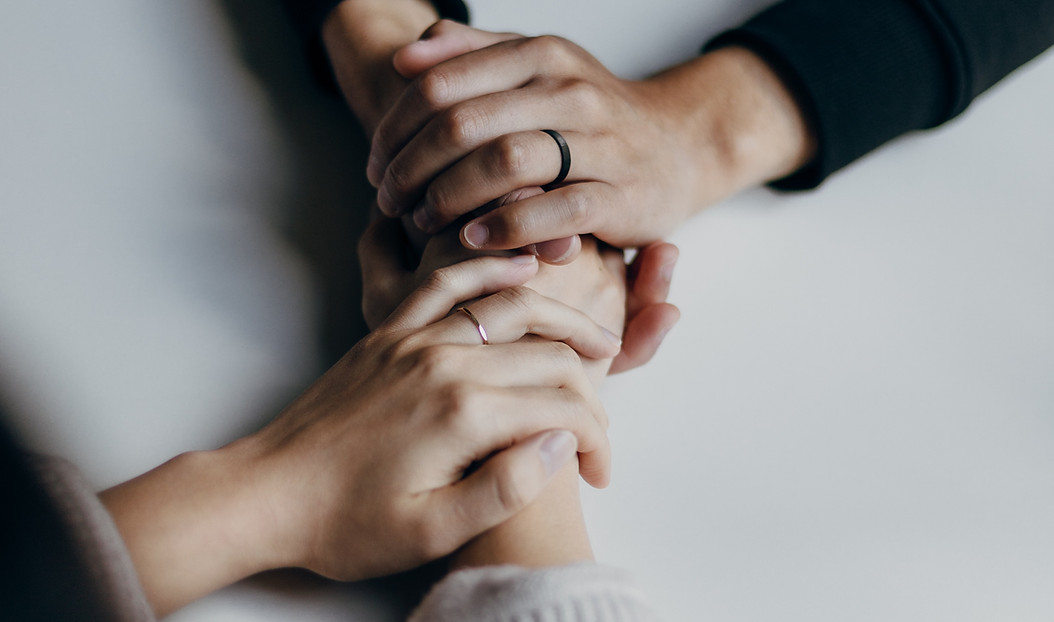

Meet the cast
Episode
Mental Health: A Discussion
Justin Hou January 18th, 2022
When an athlete gets injured, the injury itself and the resulting physical repercussions are easily diagnosed with the glance of an eye. On the other hand, mental health is an internal struggle that at times is impossible to diagnose without close inspection. This is why superficially, many adults undermine mental health and why teens all over the world struggle with mental health while receiving inadequate support.
Ben Seo of Gunn High School shared in the discussion that SELF is a program founded on good intentions, but has poor execution. The lessons taught within the program felt “corporate, doing the bare minimum to qualify as a mental health lesson.” Other podcasters concur with Seo’s sentiment. Participant Syma Chan extends the argument even further, pondering if it would actually benefit the mental health of students if SELF was replaced with early dismissal or FLEX time instead so that busy high schoolers could have more time to meet with teachers and get work done. In the end, the participants all agreed that SELF has a net neutral impact on the mental health of Gunn High Schoolers and that other factors are at play that help Gunn keep a more mental health-positive image, despite a theoretically rougher year mental-health-wise due to self-isolation protocols of the past year.
Henry M. Gunn High School, a school notorious for its numerous mental health-related incidents in recent years, has taken note of the exacerbating condition of mental health in their high schoolers and invested thousands of dollars into funding mental health programs such as Social-Emotional Literacy and Functionality (SELF). In recent years following the implementation of SELF, Gunn has observed their buzz around maintaining poor mental health diminish; yet, it is unclear whether this trend is due to the effectiveness of their new mental health policies or another lurking factor. Gunn Middle Ground founders Justin Hou and Juno Kim, hoping to discover the answer to the mystifying question, invited four students from Gunn to give their personal accounts with mental health and talk about the new mental health policies on campus. The consensus reached by the end provided a shocking answer to the question.


Jerome Wu, a junior at Gunn High School, shifts the focus from SELF to external factors affecting mental health. He discusses the influence that having supportive friends and family has on his mental health, saying that he is grateful to have friends that have his back. Tasha Lera, junior on the podcast, concurs and even says that her mental health was better over the self-isolation period, as it gave her more opportunities to interact with them through voice-call platforms while allowing her to maintain good time management.
In conclusion, the reason for Gunn’s positive swing in mental health is complicated. Whether the results are from improved support from friends and family, better time management, SELF, or a combination of all factors, Gunn seems to have swung its image from a school with poor mental health support to a mental-health positive school. Though Gunn’s implementation of mental-health positive programs may not be perfect, it urges an initiative in other schools around the county to embrace a similar emphasis on prioritizing mental health, a step in the right direction. If you want to learn more and dive deeper into the discussion, check out Gunn Middle Ground’s podcast: “Middle Ground: Mental Health.”
Resources
Links
-
CDE Mental Health Resources: https://www.cde.ca.gov/ls/cg/mh/mhresources.asp
-
National Institute of Mental Health: https://www.nimh.nih.gov/get-involved/education-awareness/shareable-resources-on-child-and-adolescent-mental-health
Hotlines
-
National Suicide Prevention hotline: 1-800-273-Talk (8255)
-
the Trevor project: 866-488-7386
-
National Alliance on Mental Illness: 1-800-950-6264



